Speech-language therapy vs tutoring: What’s the difference?
In order to choose the right services for yourself or your child, it’s important to understand the difference between speech-language therapy vs tutoring. How is speech-language therapy different from tutoring? Why choose one service over the other?
Tutors re-teach information taught in the curriculum. Students acquire information at different rates. A tutor helps students acquire academic material by teaching the strategies and specific material. Tutors reinforce information taught in the classroom, help students use specific strategies for specific tasks and help students finish academic tasks. The goal of tutoring is to help children and adults access material they have learned in school.
Speech-Language Therapy
Speech-language therapy focuses on mastering communication skills. We acquire language by closely watching and listening to our mother’s and other family and friends. Eventually, we go to school to receive more formalized instruction. As we progress, communication skills become more complex. At first we learn each skill separately, but then we use multiple skills together. This means that it’s not just possible to have language problems when we are young, but as we progress to middle, high school and college, we can face new communication challenges. Without solid communication skills, achieving academic and professional goals is hard. Therefore, the goal of speech-language therapy is to remediate and improve fundamental communication skills throughout the lifespan.
A speech-language therapist helps clients learn academic subjects, but the focus of therapy is to improve a specific area of speech, language, or executive function skills. For example, Johnny might struggle in math because of his poor reading comprehension skill. The therapist works with Johnny using his math work, but the goal of his speech-language therapy is improving his reading comprehension, which will improve his math performance. Math becomes the vehicle for teaching reading comprehension. With so many support services to choose from, it’s important to understand the differences between speech-language therapy vs tutoring.
Which is the right choice for you?
Speech-language therapy vs tutoring, which is the right type of support? How do you determine what direction to take? First ask the following questions:
Communication problems for school age children to adults to look for:
- Is the challenge in one subject area that is not reading, vocabulary, or writing?
- Are similar challenges seen across many subjects?
- Can people understand you when speaking or telling a story?
Here are a few examples speech and language challenges.
- inability to follow multi-step directions,
- limited ability to tell a story,
- problems comprehending a conversation or information orally or in writing
- poor communication with friends and peers
- voice to soft, too loud, raspy, or interest/ need to change the pitch
- limited vocabulary due to word finding problems ( words don’t come when needed)
- disfluent speech stuttering,
- problems with language formulation
- articulation problems
The most effective way to identify underlying speech and language problems is to have an evaluation. For children this is available through your local public school, even if your child attends a private school. For adults some health insurances will pay for speech-language services. An experienced speech-language therapist can identify speech, voice, and language problems. Even subtle problems can impact communication throughout a person lifetime, and prevent them from reaching their academic, social and/or professional goals.


